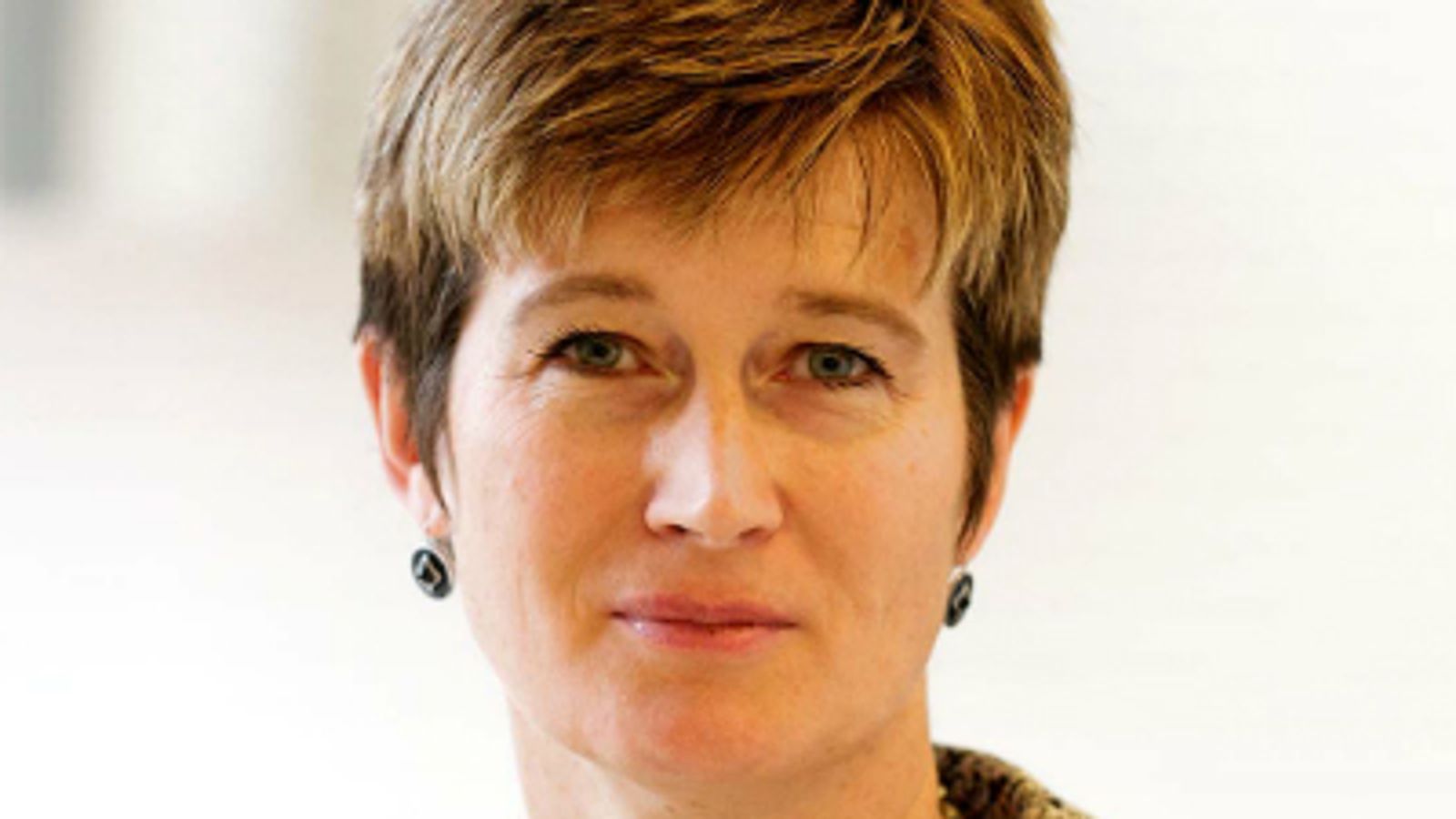The former British ambassador to Myanmar has been detained in the Southeast Asian country, its government has confirmed, as the UK announces new sanctions.
Vicky Bowman and her husband were arrested for violations of the country’s Immigration act, according to a statement from Myanmar’s Ministry of Information.
She and her husband, Htein Lin, a Burmese artist and former political prisoner, were held on Wednesday, it is understood.
The news emerged shortly before an announcement about fresh UK sanctions targeting the Myanmar regime.
The arrest reportedly took place in Yangon, formerly known as Rangoon, the largest city in Myanmar, which used to be known as Burma.
Myanmar Now, an online news service, cited sources close to Ms Bowman’s family as saying she and her husband were taken by security forces while they were temporarily staying in Yangon. She had been living for years in Kalaw township in Shan state in eastern Myanmar, the report said.
Ms Bowman runs the Myanmar Centre for Responsible Business (MCRB), which is headquartered in Yangon, according to its website.
Ousted Myanmar leader Aung San Suu Kyi jailed for six more years
Myanmar: International outcry as democracy activists executed for carrying out alleged ‘terror acts’
Myanmar: The Christmas Eve massacre with ‘all the hallmarks of a war crime’
Myanmar’s Immigration Act is drafted in a way that can allow the authorities an excuse for holding foreign visitors for violating the terms of their visas.
A Foreign Office spokesperson, mirroring a statement from the UK’s Myanmar embassy, said: “We are concerned by the arrest of a British woman in Myanmar. We are in contact with the local authorities and are providing consular assistance.”
Myanmar has been suffering a period of political and economic chaos since the military overthrew an elected government in early 2021.
The sanctions come on the day when hundreds of thousands of Rohingya refugees are marking the fifth anniversary of their exodus from Myanmar to Bangladesh, after, in late 2017, Myanmar’s military launched a crackdown following a rebel attack.
The UK said it would:
• Take fresh action against the Myanmar Armed Forces
• Impose new sanctions against military-linked companies to target the military’s access to arms and revenue
• And confirm its intention to intervene in The Gambia v Myanmar International Court of Justice Case to support international justice efforts
In November 2019, Gambia – with the backing of the Organisation of Islamic Cooperation (OIC) – took a case to the International Court of Justice in The Hague, alleging Myanmar’s atrocities against the ethnic Rohingya in Rakhine State constituted a breach of the UN convention on genocide. The case is ongoing.
British minister for Asia Amanda Milling said in a statement: “We continue to stand in solidarity with the Rohingya people and condemn the Myanmar Armed Forces’ horrific campaign of ethnic cleansing.”
Burma Campaign UK, which launched a drive for the British government to join the Gambia v Myanmar case almost three years ago, said it was delighted by the sanctions announcement.
Executive director Anna Roberts said: “For decades the Burmese military have been allowed to violate international law without consequences, encouraging them to commit genocide and attempt another coup.”
Please use Chrome browser for a more accessible video player
Who is Vicky Bowman?
Ms Bowman was the British ambassador to Myanmar between 2002 and 2006 and has more than three decades’ experience in the country.
A profile on the website of the Institute for Human Rights and Business says she has been the director of Myanmar Centre for Responsible Business (MCRB) since July 2013.
Before that, it says, she worked at Rio Tinto and held a series of senior roles in the UK Foreign and Commonwealth Office.
She was also the second secretary in the UK’s Myanmar embassy from 1990-1993 and speaks Burmese.
According to the website of the MCRB, it “aims to provide a trusted, impartial forum for dialogue, seminars, and briefings to relevant parties as well as access to international expertise and tools”.
It receives funding from the governments of the UK, Norway, Switzerland, Netherlands, Ireland, and Denmark.







